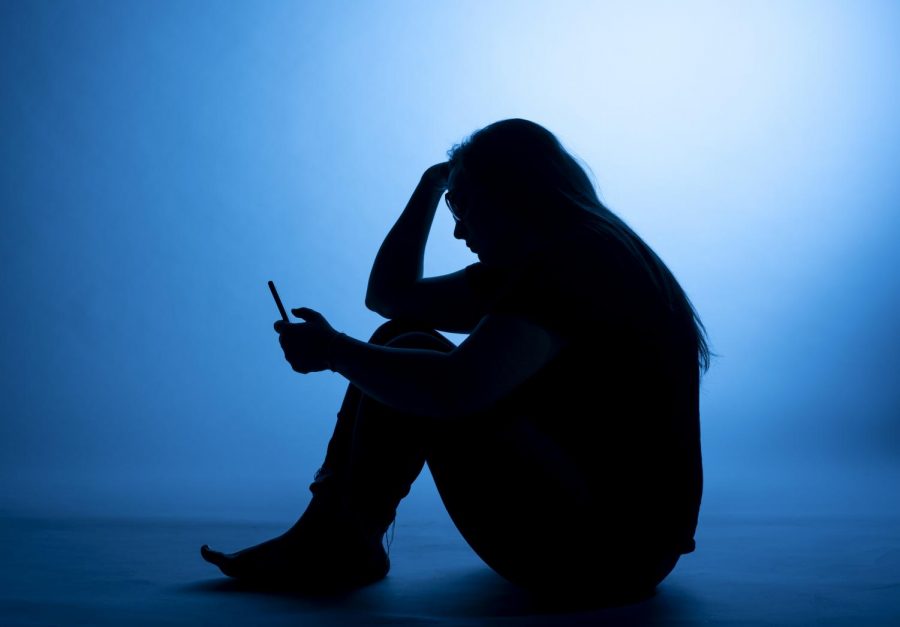Special Section: Social media builds bridges and barriers for users
April 23, 2019
Social media opens doors and causes problems.
There are many popular social media outlets people used today such as Twitter, Instagram, Snapchat and Facebook. On these sites, people can post pictures, videos and messages about their thoughts, opinions and life online for people to see.
“I use social media to stay in the loop with other organizations, friends, family,” said Mariah Morgan, a public relations junior from Ferdinand, Indiana. “Also, to put my information out there, just to let people know what’s going on in my life.”
However, social media doesn’t just open a door for people to communicate with each other. According to NBC News, a recent study showed that young adults and adolescents were showing negative effects on their mental health through depressive symptoms and symptoms of social anxiety.
“I think that [influencers on social media] can be very manipulating within staying true to yourself and not trying to be someone else,” Morgan said.
Morgan said she uses mostly Instagram, Twitter, Facebook and Snapchat. She said her life doesn’t revolve around social media because she considers herself “always on the go.” Morgan said she sees people struggle with trying to imitate people they see on social media.
One study discussed in an article by Forbes brings to light the relationship between social media and anxiety, depression and the fear of missing out. The study points to how less time on social media can have positive impacts on someone’s mental health.
“I think it’s a great way to meet people and see different experiences,” said Brittany Baker, a nursing sophomore from Crystal Lake, Illinois. “It also can lead to negative effects with people’s mental health and can create problems with people depending on it too much.”
Baker uses Instagram, Twitter, Facebook and Snapchat. She said she uses social media to connect with people and to keep up with what’s going on in the world.
“People on social media only post the best parts of their life, and no one really gets to see behind the scenes of the other aspects of their life,” Baker said. “I feel like everyone’s social media is the highlights.”
Psychology Today discussed how social media can make depressive symptoms worse and how people only post the best parts of their lives.
Rose Render, a business management sophomore, uses mostly Instagram and Snapchat. Occasionally, Render uses Twitter, but she rarely checks it.
“You’re only going to show what you want people to see,” Render said. “You’re not going to show your downfalls, so everyone looks like superstars on Instagram, but that’s not their life.”
Render spoke about the importance of keeping one’s personal life personal and not posting problems for the world to see and give opinions on. However, Render does see the benefits of social media.
Render said you see “lots of beautiful people and success stories” on social media. Render said people want to post their job, money or career moves and forget that people know them and know what’s going on in their lives.
“It gives you a great opportunity to express who you are in the way you want to do it,” Render said. “There are a lot of negative effects, because it does affect a lot [of] people’s self-esteem.”
News reporter Lily Burris can be reached at 270-745-6011 and [email protected]. Follow her on Twitter at @lily_burris.













